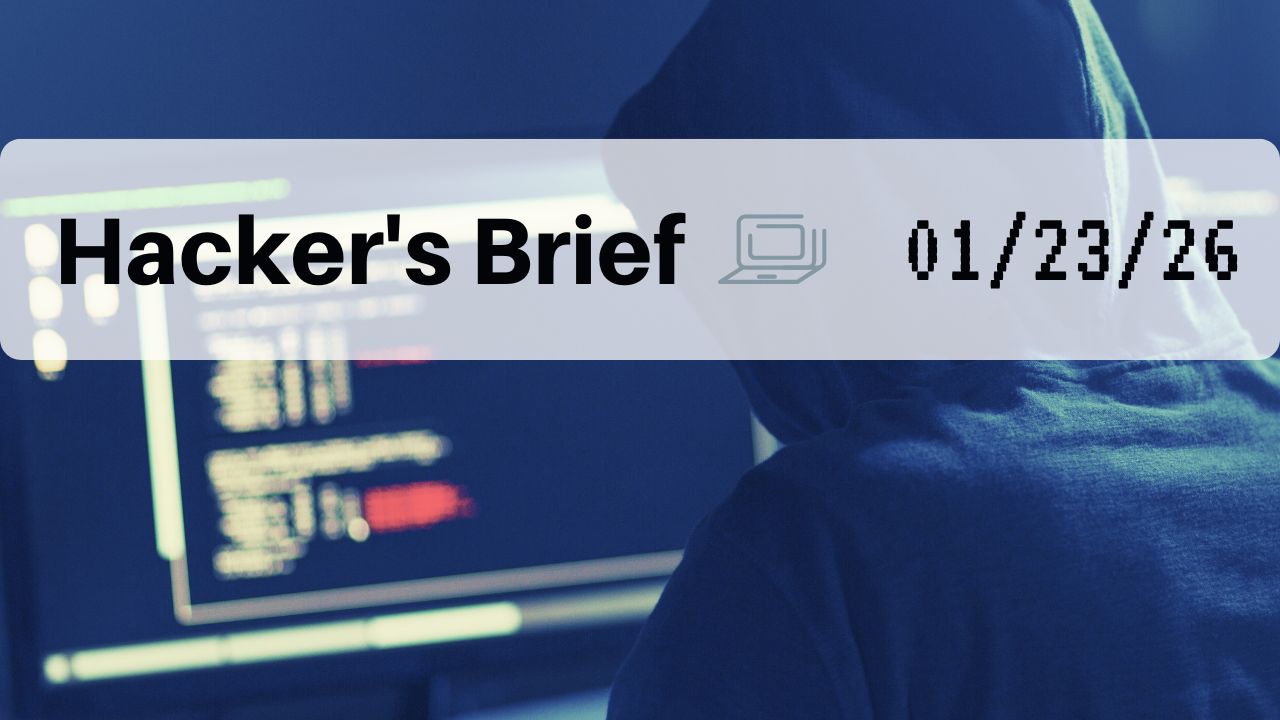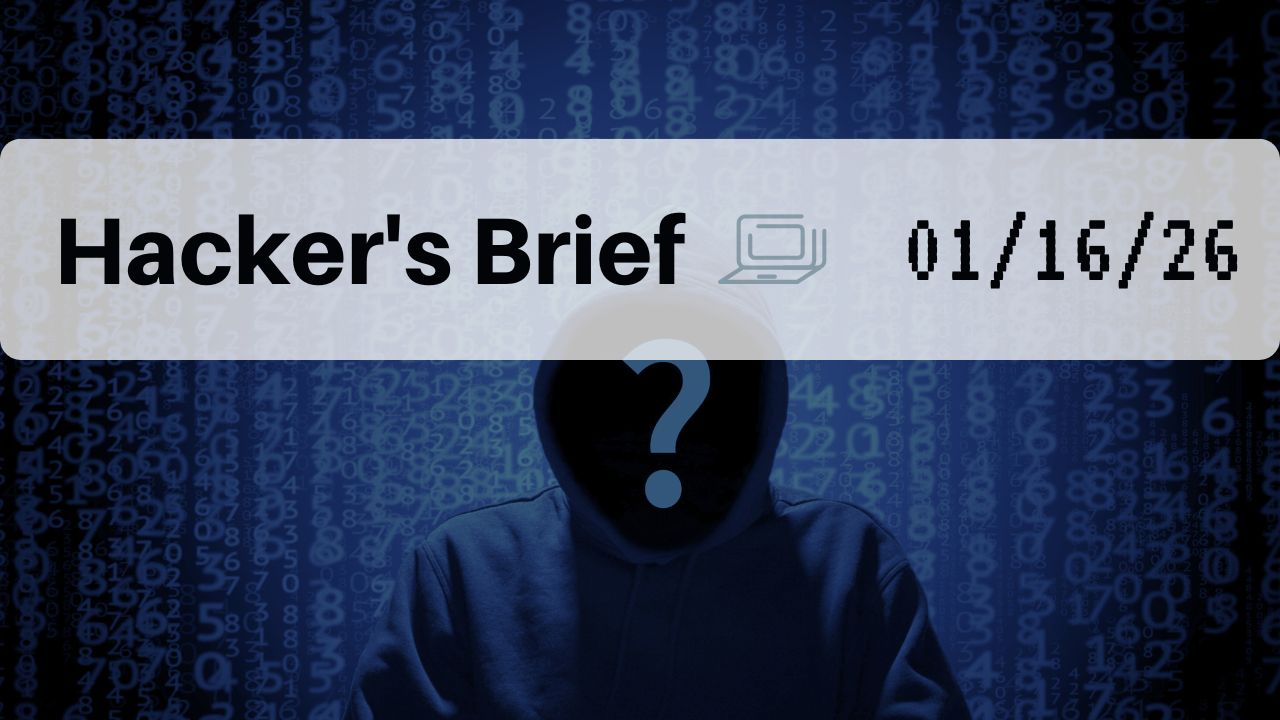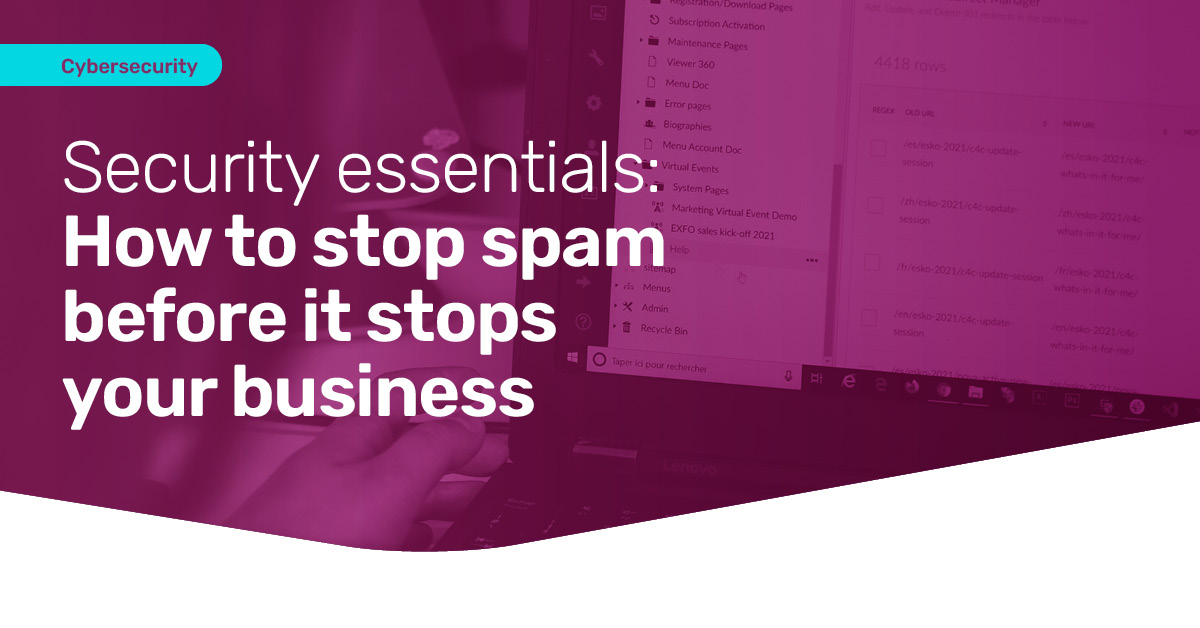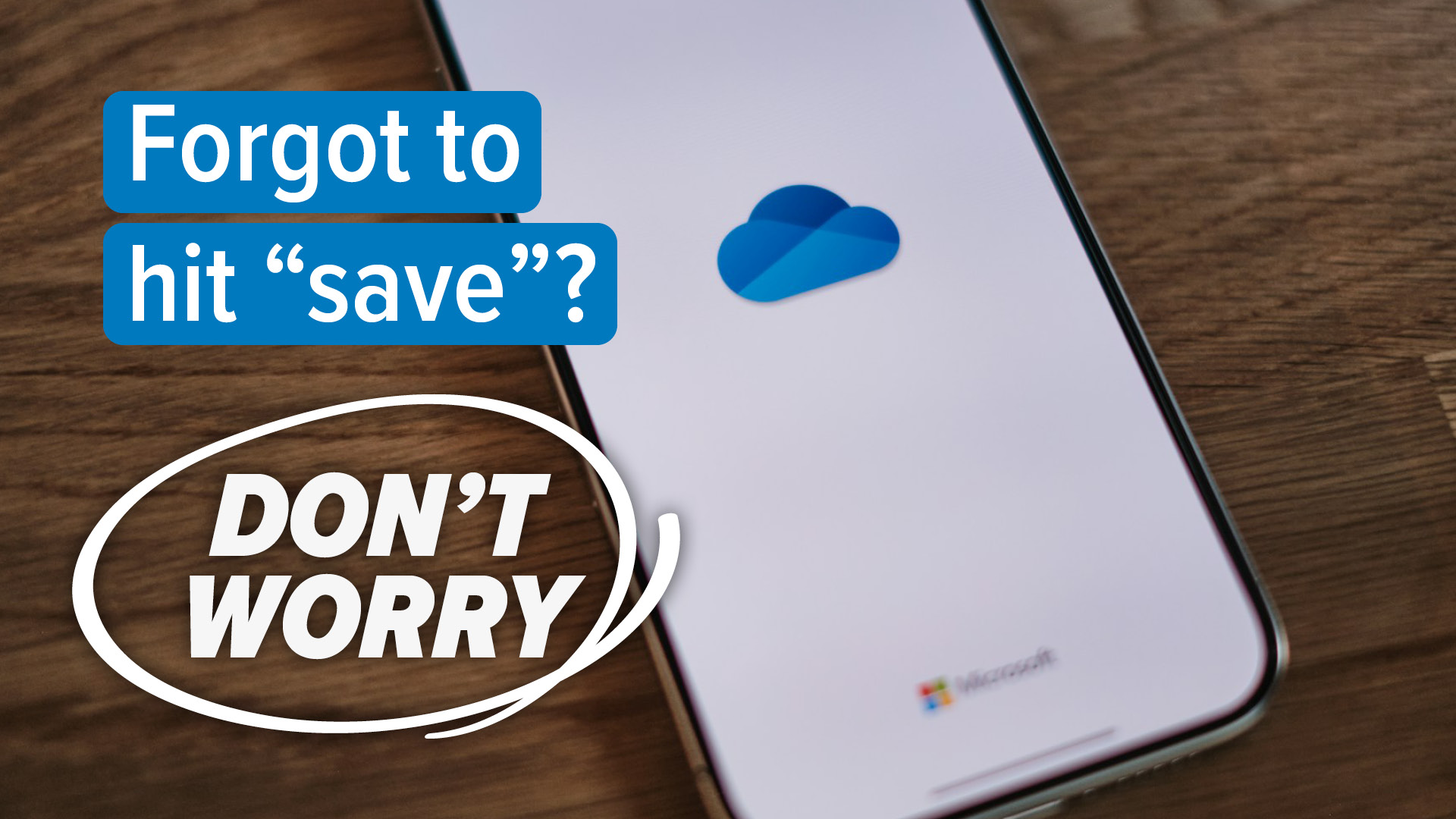
www.wyocan.org
www.cyberwyoming.org/alliance
307-314-2188, PO Box 2332, Laramie, WY 82073
Letter Scam Impersonating TD Canada Trust:
A Laramie citizen reported a letter (snail mail, not email) with a Canadian postmark from Daniel Tiber. Tiber claims to be from Canada Trust and says that a deceased customer didn’t have beneficiary status and Daniel is looking for his next of kin. The email address Daniel asks you to contact him with is a parked domain (a website address that isn’t active) and is not part of Canada Trust’s list of website addresses. Apparently, this is a nationwide scam because a Facebook post on the real TD site discussed this same letter: facebook.com/TDBank/posts/4726572250774561/. In looking at the Canadian Complaints Board, the same scam occurred in 2017 but the letter was from Paul Alfred Thomas.
Germans Spreading Good News:
If you receive an email from a t-online.de (German legitimate website) with a Gmail address to reply to, a Sheridan citizen wants you to know that legitimate websites are sometimes compromised and to ignore this one. The subject line is “Good news” and the email is from Mr. Roger Gorman telling you that “your funds is available to be released to you if you can quickly get back to me for better briefing and instructions on how to receive your fund now.” Note the improper grammar and just delete.
Norton LifeLock Impersonation:
Ironically, the popular identity theft insurance was reported as a scam email by a Sheridan citizen. Watch for an email with the subject line of “#@PAYMENT DETAIL INVOICE:#NT125YF92#S” from a Gmail address. The branding is convincing and the invoice is for $449.99. Don’t reply or call the number. It’s fake.
Lithium Battery Scam:
With the shortage of lithium in the news, a Laramie citizen reported a potential scam email from innoses.com (a legitimate website and US company), but the sender is from China. Just remember if you didn’t request the information, it is probably a scam.
Crypto ATMs:
Scammers have found a way around public ignorance about cryptocurrency as their favored payment method. Often, victims are told to pay in crypto, but they don't know how to do it. Now crooks have started to direct them to one of the 33,000 crypto ATMs dotted around the US where they can just insert a credit card. If you're ever asked to pay for something such as a fine, ransom or taxes via these machines, it's almost certainly a scam. Brought to you by scambusters.org.
FEMA support:
Scams related to hurricane Ian are surging. Most recently, con artists have been trying to charge already hard-pressed victims for applying for aid from FEMA, the government's emergency management agency. The rule is simple: If you're told you have to pay to qualify for FEMA aid, it's a scam. If you need help, go to fema.gov or download their mobile app for information and alerts. Brought to you by scambusters.org.
FTC Alert – Student Debt Relief:
Remember to only apply at StudentAid.gov/DebtRelief. Nowhere else. There is no fee to apply and the real application will ask you for your name, birth date, SSN, phone number and address but will not ask you to upload any documents or ask for your banking or credit card information. Pay close attention to the email addresses: real emails will only come from noreply@studentaid.gov, noreply@debtrelief.studentaid.gov, or ed.gov@public.govdelivery.com.
AARP Military & Veterans Scam Alert:
Veterans, active-duty service members and military families are nearly 40 percent more likely than the general population to lose money to scams and fraud. According to the Federal Trade Commission, reported fraud attacks against our nation’s heroes and their families jumped 69 percent from 2020 to 2021. Read how to protect yourself here: aarp.org/money/scams-fraud/sms-text-alerts.html
Fake LinkedIn job offers:
Scammers posing as recruiters are creating fake identities on the professionals social media site LinkedIn. They target victims with information about a bogus job and may even have online discussions with them. When they have their victim's confidence, they send more details of the supposed job in an Excel spreadsheet. Anyone who downloads it will install malware, probably ransomware, on their computer. Brought to you by scambusters.org.
Not the Geek Squad:
Crooks are imitating Best Buy's tech support and repair team, known as Geek Squad. They're sending out fake service renewal bills for hundreds of dollars via text messages. The text may say the amount will be automatically deducted from the victims' bank accounts and includes a phone number where you can dispute the charge or cancel membership. But it's a clever attempt at phishing for your bank account or payment card details. Brought to you by scambusters.org. NOTE that this scam has been reported by multiple Wyomingites.
Please report scams you may experience to phishing@cyberwyoming.org to alert your friends and neighbors.
Other ways to report a scam:
- Better Business Bureau Scam Tracker: bbb.org/scamtracker/us/reportscam
- Wyoming Attorney General’s Office, Consumer Protection 307-777-6397, 800-438-5799 or ag.consumer@wyo.gov
- File a complaint with the Federal Trade Commission at reportfraud.ftc.gov
- Report your scam to the FBI at www.ic3.gov/complaint
- Reported unwanted calls to the Federal Trade Commission’s Do Not Call Registration. Online at donotcall.gov/report.html or call 1-888-382-1222, option 3
- Office of the Inspector General: oig.ssa.gov
- AARP Fraud Watch Network (any age welcome) Helpline 877-908-3360
- IRS: report email scams impersonating the IRS to phishing@irs.gov
- Call the Wyoming Senior Medicare Patrol (SMP) for assistance with potential Medicare fraud, abuse, or errors at 1 800 856-4398
- Victim Support: The AARP Fraud Watch Network and Volunteers of America (VOA) created a new, free program to provide emotional support for people impacted by a scam or fraud, called ReST. Visit www.aarp.org/fraudsupport to learn more about the free program and register








